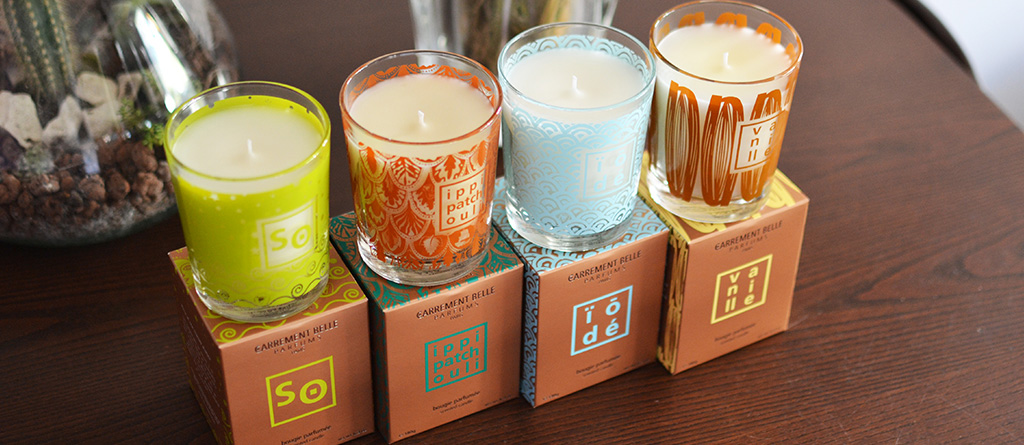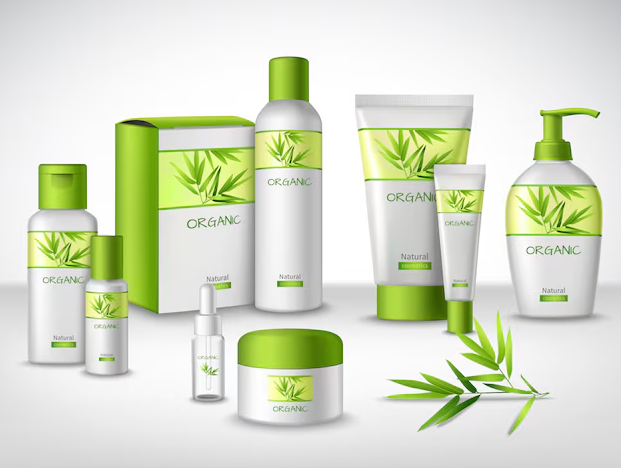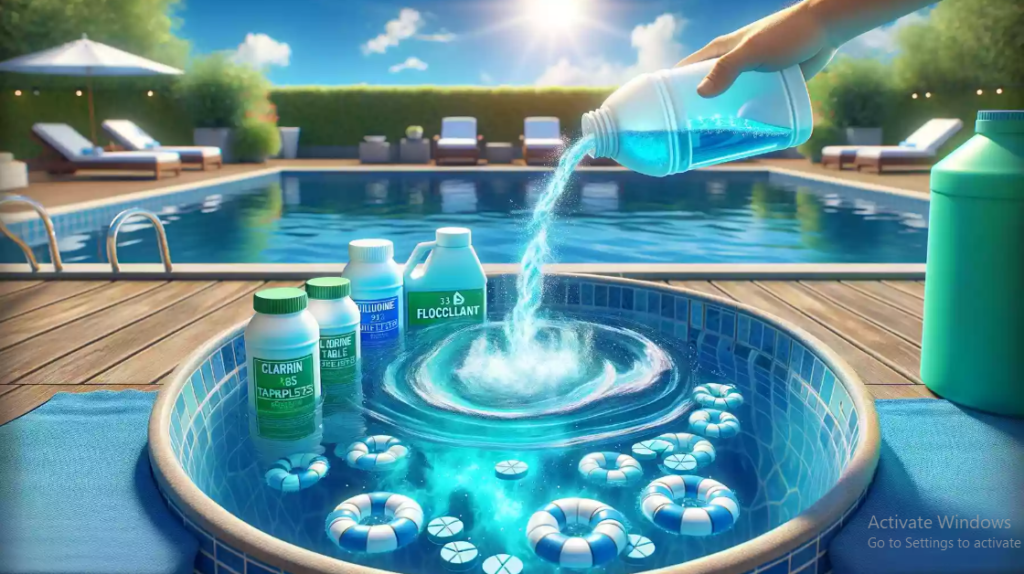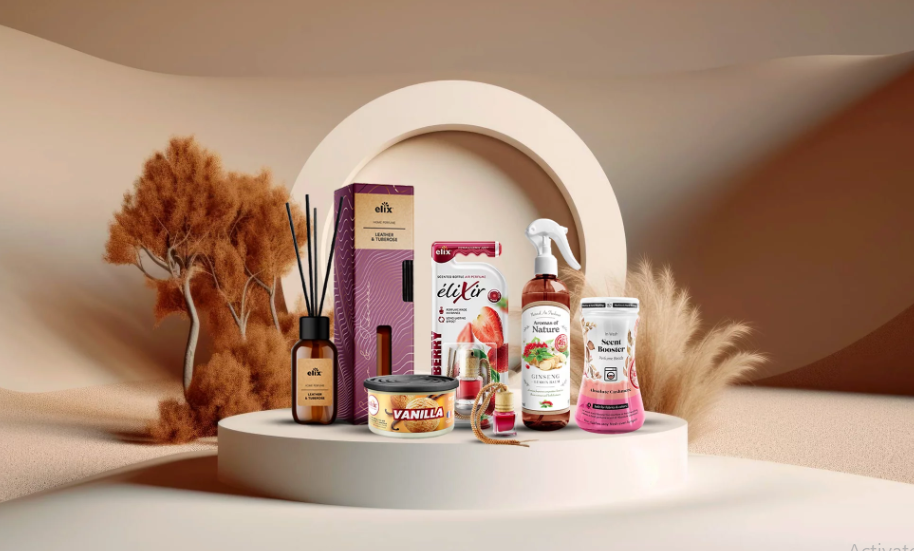Starting a chemical business doesn’t have to be overly complex or capital-intensive. With a focus on niche markets and basic setups, many small-scale chemical ventures can yield significant returns. Below are ten detailed ideas, including insights into their processes, markets, and growth potential.
1. Soap and Detergent Manufacturing
- What it is: Producing handmade soaps or detergents for household use.
- How to Start: Use basic raw materials such as oils, fats, lye, and fragrances. Start small by creating artisanal soap bars or powdered detergents.
- Target Market: Households, small businesses, and specialty stores.
- Why it Works: Hygiene products are essentials, with increasing demand for eco-friendly and organic options.

2. Essential Oils Extraction
- What it is: Extracting oils from plants like lavender, tea tree, or eucalyptus through steam distillation.
- How to Start: Invest in a small distillation setup and source raw plants locally.
- Target Market: Cosmetic brands, aromatherapy shops, and wellness centers.
- Why it Works: Rising consumer preference for natural remedies and organic products.

3. Candle Manufacturing
- What it is: Creating decorative or scented candles.
- How to Start: Use wax (beeswax, soy, or paraffin), wicks, molds, and fragrances. Add natural dyes for visual appeal.
- Target Market: Gift shops, online marketplaces, and event planners.
- Why it Works: High demand for custom and therapeutic candles, especially for home decor and gifting.

4. Eco-Friendly Cleaning Products
- What it is: Manufacturing non-toxic and biodegradable cleaning solutions.
- How to Start: Simple formulas using vinegar, baking soda, and essential oils can be scaled. Invest in attractive packaging to appeal to eco-conscious consumers.
- Target Market: Households, offices, and hospitality businesses.
- Why it Works: Growing environmental awareness drives demand for green products.

5. Adhesive and Glue Production
- What it is: Producing adhesives for schools, packaging, or DIY markets.
- How to Start: Basic adhesives like school glue are easy to produce with minimal investment. For industrial applications, research specific chemical formulations.
- Target Market: Schools, DIY enthusiasts, and packaging industries.
- Why it Works: Consistent demand across industries ensures steady revenue.

6. Herbal Cosmetics
- What it is: Developing herbal skincare or haircare products, such as creams, shampoos, or lip balms.
- How to Start: Source natural ingredients like aloe vera, coconut oil, and essential oils. Test products for quality and safety.
- Target Market: Beauty-conscious consumers, wellness brands, and retail stores.
- Why it Works: Rising preference for natural and organic beauty products.

7. Water Purification Chemicals
- What it is: Manufacturing water treatment solutions, such as chlorine tablets or flocculants.
- How to Start: Partner with small communities, businesses, or municipalities to supply these products.
- Target Market: Rural areas, disaster relief organizations, and industries.
- Why it Works: Water safety is a universal concern, ensuring sustained demand.

8. Paints and Coatings
- What it is: Producing decorative or functional paints for home improvement.
- How to Start: Focus on water-based or eco-friendly formulations to cater to modern trends.
- Target Market: Homeowners, construction companies, and DIY enthusiasts.
- Why it Works: Paints are essential in construction and renovation projects.

9. Hand Sanitizer Production
- What it is: Manufacturing alcohol-based hand sanitizers with added moisturizers or fragrances.
- How to Start: Source alcohol, glycerin, and essential oils. Small-scale bottling and labeling systems can suffice initially.
- Target Market: Hospitals, offices, and households.
- Why it Works: Increased hygiene awareness post-pandemic ensures steady demand.

10. Air Fresheners
- What it is: Producing gel-based, aerosol, or liquid air fresheners.
- How to Start: Combine essential oils, alcohol, and stabilizers. Experiment with unique scents to stand out.
- Target Market: Households, car owners, and offices.
- Why it Works: Consistent demand for pleasant indoor environments.

Steps to Get Started
- Research and Planning: Analyze your target market, competition, and regulatory requirements.
- Acquire Equipment: Start with small-scale machinery to minimize initial investment.
- Secure Raw Materials: Partner with reliable suppliers for consistent quality.
- Marketing: Use online platforms, social media, and local networks to promote your products.








